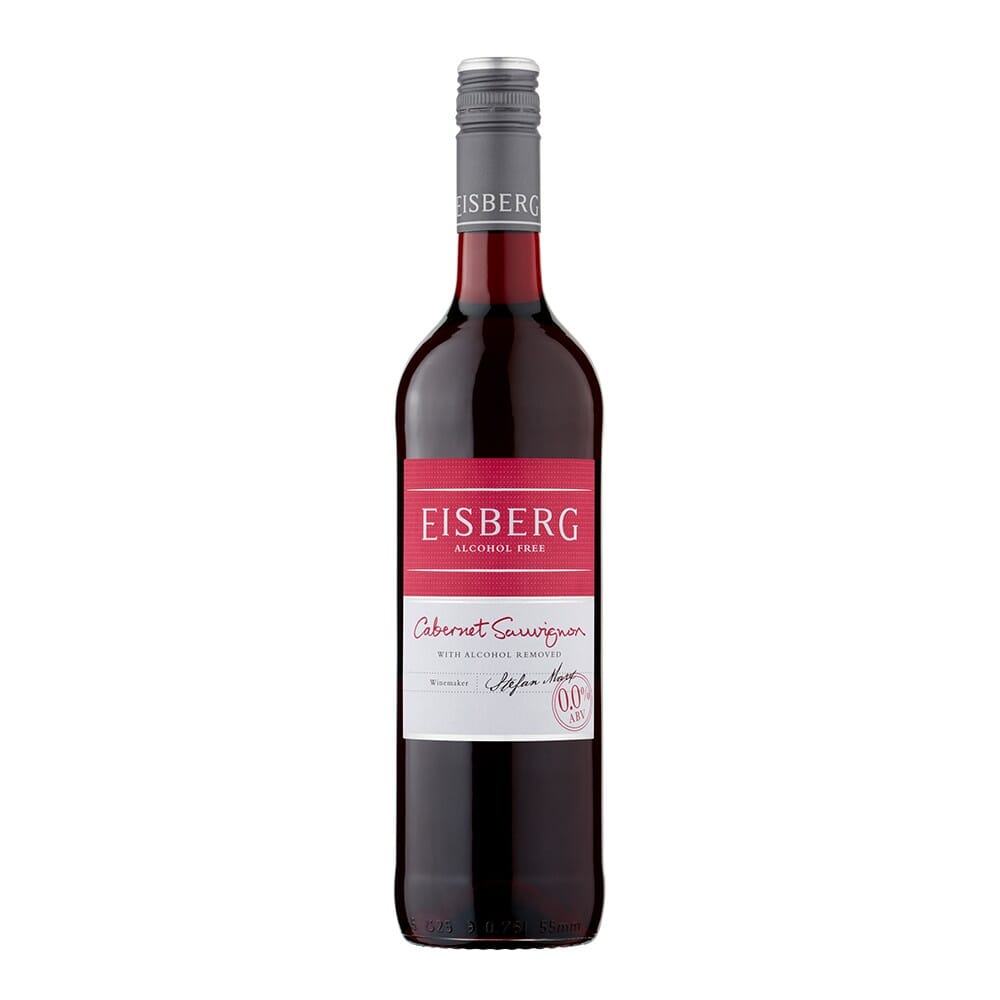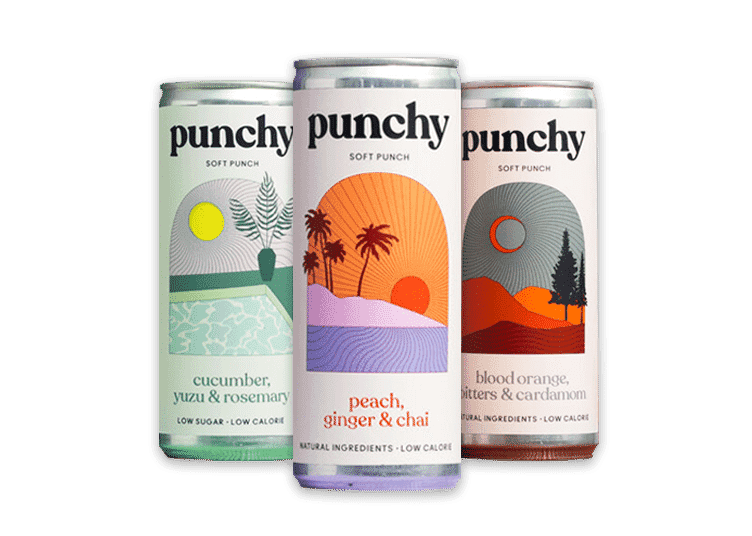As Dry January comes to and end, many people will be looking forward to raising a glass to a new month. But if you’re trying to conceive is it a good idea to continue to give alcohol a miss? Here we take a look at the impact of alcohol on fertility and pregnancy – and offer a few alternatives if you decide the teetotal life is for you!
Alcohol and female fertility
The good news is, moderate drinking (aka the odd glass of wine now and again) is unlikely to impact your fertility in the long run. However, excessive alcohol consumption – drinking every day or binge drinking at the weekend – could make it a little harder for you to get pregnant. The exact reason for this is still something that researchers are trying to determine – but there are a couple of theories.
Essentially, it all comes down to alcohol’s negative impact on your bodily functions and hormonal balance. Studies indicate that excessive alcohol exposure can change a woman’s level of testosterone, estrogen and luteinizing hormones – all of which are important in maintaining a healthy menstrual cycle. Research also shows that heavy drinking can increase levels of prolactin in the blood. High prolactin can inhibit the production of FSH – which is the hormone that triggers ovulation.
All of these factors can lead to irregularities in your menstrual cycle – which can make getting pregnant a little harder. If your cycle is all over the place, it makes it difficult to pinpoint ovulation and your important fertile window. Whilst drinking is by no means the only important lifestyle choice to consider when trying to regulate your cycle – smoking, lack or excessive exercise and an unbalanced diet can all contribute – it is definitely something to be aware of. Excessive drinking can also be a sign, or factor, of wider issues to do with your mental health. Whilst studies connecting stress and fertility struggles is still ongoing,
Alcohol and male fertility
But it’s not just women who should be watching what they drink ahead of trying to conceive. Whilst again, moderate drinking is ok, too much booze can have a real impact on male fertility.
Like women, men’s sex hormones can be thrown off balance with excessive drinking. Studies indicate that testosterone – the hormone most commonly associated with male fertility – can be lowered thanks to intense alcohol consumption. In the pituitary gland, alcohol can also decrease the production of two other hormones with important reproductive functions, luteinising hormone and follicle-stimulating hormone.
Aside from hormones it can also directly affect your sperm quality. Intense drinking can affect the shape, size and movement of previously healthy sperm – all factors which can make it harder to conceive. A study showed that men dealing with alcoholism were a third less likely to have optimum sperm quality. Too much drinking can also increase your chances of other physiological issues that can impair baby making – such as erectile dysfunction and decreased ejeculation.
The good news is, that – in many cases – you can improve your sperm health by making healthy lifestyle choices. Sperm reproduces every 2-3 months, so even if you have been hitting it a little too hard recently, you have the opportunity to make changes now, that could help improve your chances of conceiving. Like female fertility, alcohol is not the only lifestyle factor that needs to be addressed in the preconception phase. Nutrition, exercise and cutting down on smoking, drugs and stress , all play a role in ensuring your sperm is fighting fit.
Alcohol and pregnancy
Aside from improving your fertility, cutting down on alcohol in the preconception phase is also important for ensuring a safe and healthy pregnancy. If you are actively trying, there is a chance you will fall pregnant without realising initially. If you are drinking during this time, that can put your baby at risk. Everything that you consume is shared with your baby through the placenta – and their developing bodies cannot cope with the harmful toxins that come with alcohol.
The NHS website explains that drinking heavily in the first 3 months of pregnancy can increase the chance of miscarriage, premature birth and low birthweight. These first few weeks are an essential period for your baby’s development, so giving them the healthiest start is important.
Alcohol alternatives
If you are starting to try for a baby soon, cutting down on alcohol is a great move – for both your fertility and your baby’s developmental health. If the idea of going tee-total is daunting, don’t worry. There are so many great alcohol-free alternatives out there nowadays, that making the swap is easier than ever. Here are just a few of our favourites.
Eisberg Alcohol Free Cabernet Sauvignon
If you love to end the week with a glass or two of wine, this red is deceptively delicious. It also has a lot less calorie than alcoholic wine.

Consistently topping charts of the best alcohol free beer, Heineken is the perfect substitute for a cold pint at the end of the day. Less of the fertility risks and less sugar too!

If cocktails are your thing, Stryyk offers 3 great alternatives to gin, rum and vodka – so you can still be shaken and stirred – without the alcohol.

If you’re looking for a mocktail with minimum effort, you have to get to know Punchy. Their fresh and fruity flavour combinations are alcohol free happiness in a can.

We know that making lifestyle changes can be hard, but our expert led community can help support you on your way! Join Parla today for free.





